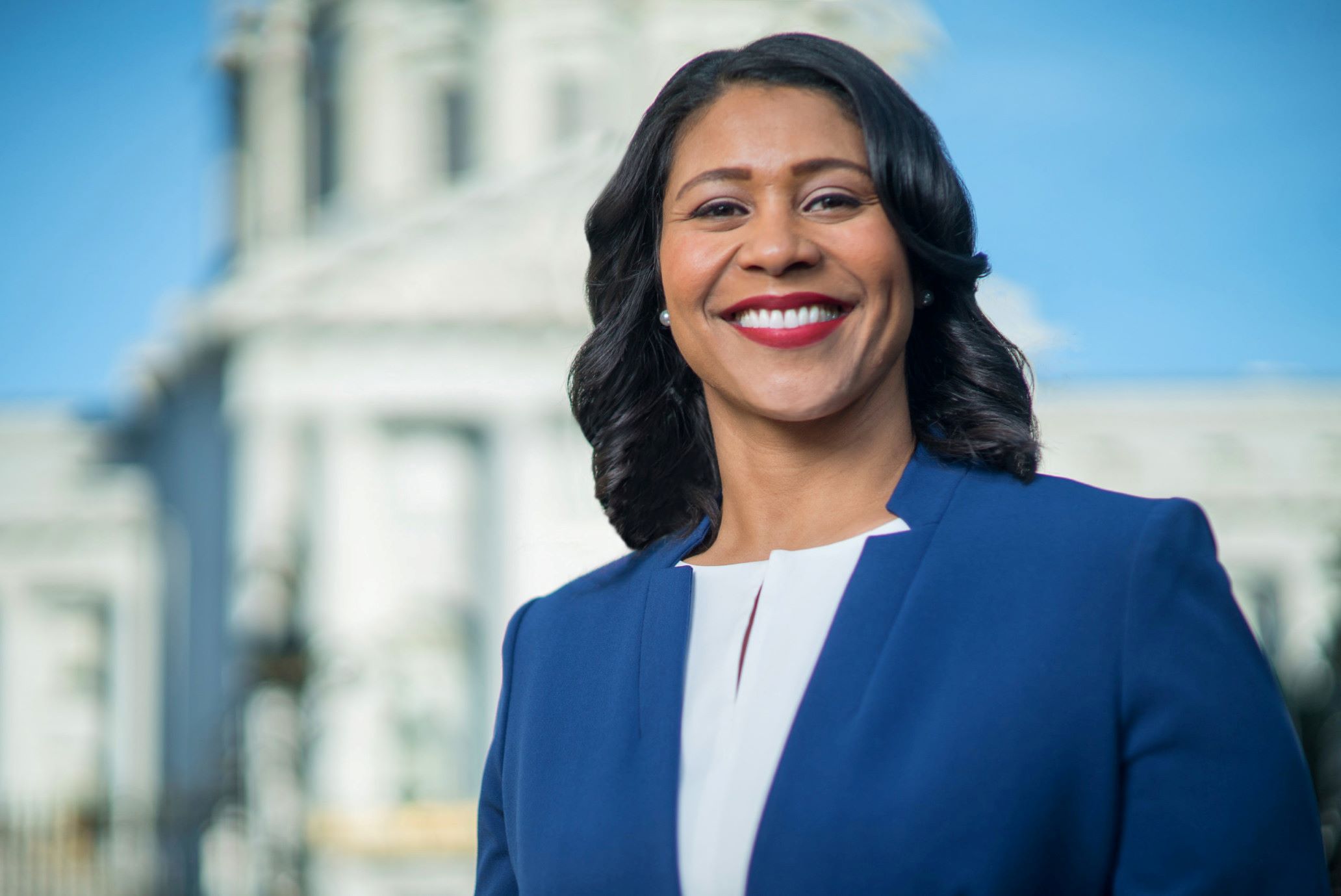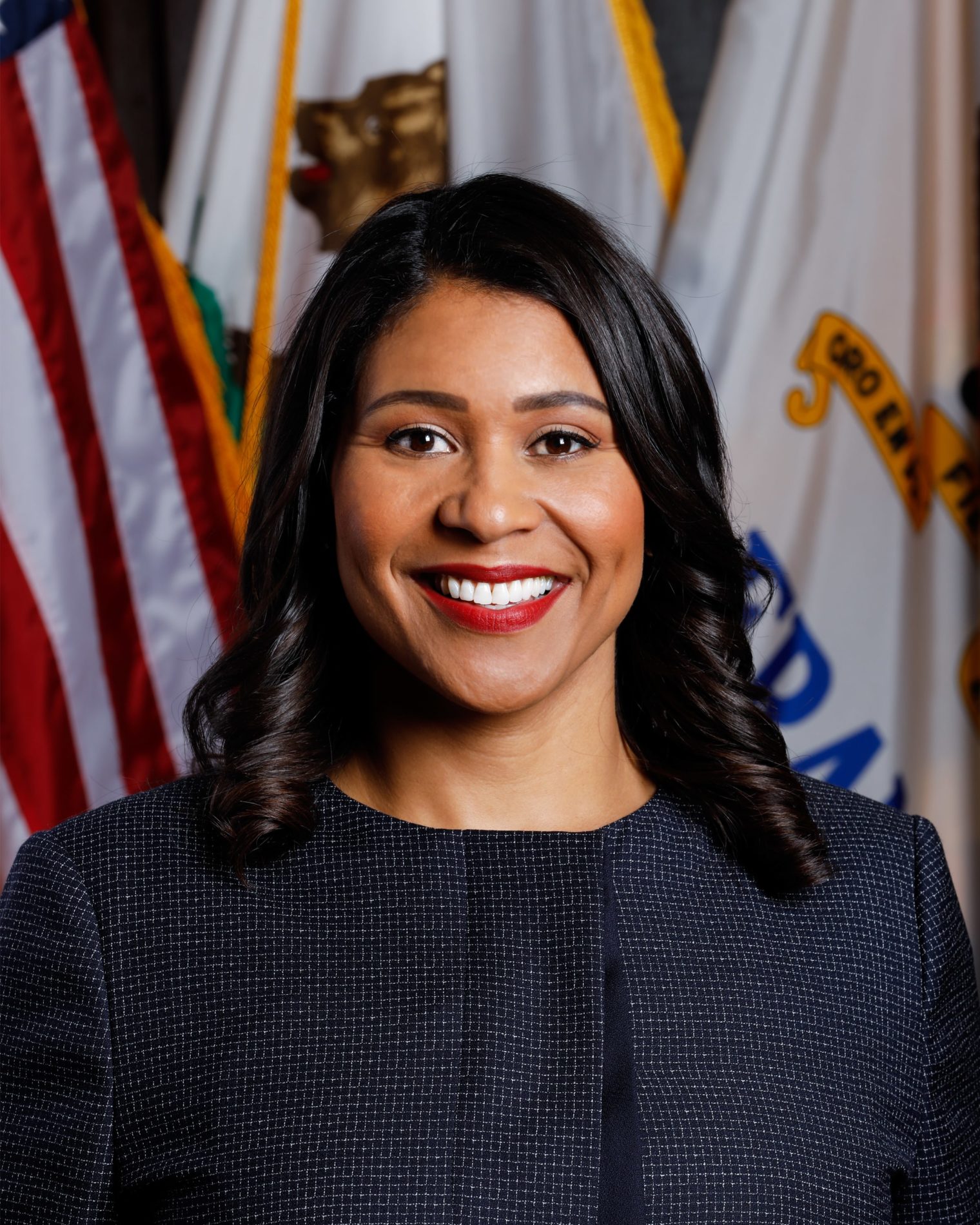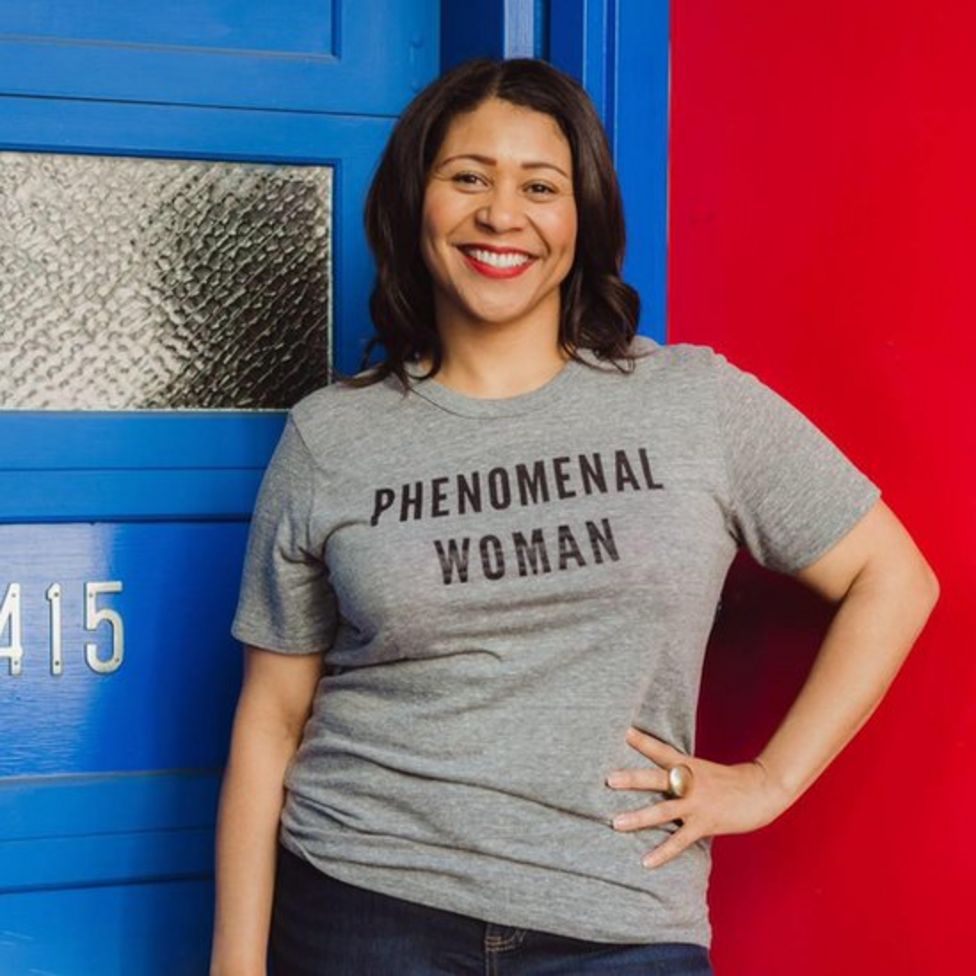Can a citys fortunes truly shift on the whims of its electorate, or are deeper currents at play? San Francisco, once a beacon of progressive ideals, now finds itself grappling with the fallout of a mayoral defeat, casting a long shadow over the future of its leadership.
San Francisco's political landscape, often a barometer for national trends, witnessed a significant shift in the recent mayoral race. London Breed, the incumbent, a Democrat who had navigated the city through a turbulent period marked by a pandemic, a drug crisis, and a persistent homelessness problem, found herself on the losing end. This outcome mirrors a broader pattern across the country, where Democratic mayors in major cities are facing intense scrutiny from voters concerned about issues like crime and the overall state of urban environments.
The echoes of the election reverberated throughout City Hall, as Breed, at 50 years old, awaited us in her office in room 200 on the afternoon of December. Wedding ceremonies were unfolding just beyond her door, and a sense of quiet anticipation hung in the air. The mood was a mixture of reflection and transition, as Breeds staff began the process of packing up, marking the end of an era. Financial disclosures, a matter of public record, are available at sfethics.org.
- Amanda Ayala Wisconsin The Rising Star Breaking Barriers
- How To Make Private Matches In Fortnite Without Creator Code
The Associated Press called the race on a Tuesday, delivering the news that Breed had lost to Daniel Lurie, a levi strauss heir and nonprofit founder. Breed, in her concession, acknowledged the will of the voters and pledged a smooth transition for the incoming mayor. "Being mayor of San Francisco has been the greatest honor of my lifetime," she stated, reflecting on her tenure.
The seeds of this defeat were sown long before the final votes were tallied. Insiders suggest that Breed's failure to maintain crucial relationships, the very bonds that could have buffered her against the intense political headwinds, played a role in the outcome. The campaign, as described by those close to the situation, was a strategic masterclass from the opposition, which ran an outsider campaign, adhered to a consistent message, and maintained a disciplined approach.
In the immediate aftermath of the election, Breed didn't share the sentiment of many voters who saw her loss as a comeuppance. Despite the challenges of her time in office, she emphasized the significance of her years at the helm of one of America's most iconic cities. She acknowledged the difficulties faced during her tenure, from the global pandemic to the ongoing struggles with drug addiction and homelessness. These were not easy times, and the weight of these issues undoubtedly took their toll.
- Jason Kelce And Quinta Brunson The Dynamic Duo Of Football And Entertainment
- Bada Lees Bf The Inside Scoop On Their Relationship
Her defeat marks a turning point. It raises questions about the direction of San Francisco's future. The citys residents will look towards the new administration with hope and trepidation, eager to see how they can begin to address the persistent problems that plagued Breed's time in office.
| Category | Details |
|---|---|
| Full Name | London Nicole Breed |
| Born | August 11, 1974 |
| Political Affiliation | Democrat |
| Political Career |
|
| Tenure as Mayor | July 11, 2018 January 8, 2025 |
| Election Result | Lost reelection on November 5, 2024, to Daniel Lurie |
| Key Issues During Tenure |
|
| Significant Moments | First Black woman and second woman to hold the office of Mayor of San Francisco. |
| External Resources | Wikipedia - London Breed |
The departure of Breed also raises questions about the role of leadership in the face of complex urban challenges. Was it the challenges themselves, or the strategies used to confront them, that led to the change? The answers lie in the nuances of her time in office, in the political decisions made, and in the evolving expectations of the city's residents.
The political narrative surrounding Breeds defeat frequently references voter dissatisfaction with the state of the citys streets, persistent issues related to homelessness, and an apparent rise in crime. While those issues are indeed challenging, its also important to reflect on the circumstances of her time in office. She had to guide the city through the unprecedented disruption of the COVID-19 pandemic, an event that brought a wave of complex economic and social challenges and put immense pressure on city services. She also navigated the ever-present issues of drug addiction and homelessness, a complex problem that has been a persistent feature of San Franciscos landscape for years, even as new factors such as the rapid rise of fentanyl made things worse.
As Breed prepared to leave office, her public appearances continued. A moment of reflection took place at an American Indian ceremony held at City Hall on November 7, 2024, shortly after her concession speech. Images of these moments, captured by photographers such as Abigail Vn Neely, showed a leader transitioning from her role with dignity, even as she considered the future. In her social media post, Breed conceded the election, expressing her gratitude to the city she had served and looking ahead.
Throughout her tenure, Breed championed various initiatives and policies. Her priorities included addressing homelessness, enhancing public safety, and promoting economic development. She worked to expand affordable housing, tackle the opioid crisis, and support local businesses. Her efforts were a complex balance, reflecting the intricate layers of the city she led.
The final days of Breed's term were filled with a mix of administrative tasks and personal reflection. While her path to victory in the election was narrowed, she maintained a commitment to a smooth transfer of power. She knew the value of that, the importance of an easy transition to the new mayor, regardless of political views.
The campaign itself was a study in contrasts. Lurie, the challenger, a Levi Strauss heir and founder of a nonprofit, heavily outspent Breed. He focused on issues of change and an "outsider" perspective, painting a vivid picture of the city's problems and promising new solutions. Breed, on the other hand, defended her record, pointing to the successes she achieved amid difficult circumstances. Mark Farrell, a candidate in the race, even pointed to the public safety record of the city, highlighting a rise in crime and issues with security.
The election results, the concession speech, the transition of power: all were carefully watched. The media coverage was intense, with news organizations like CBS News Bay Area and others providing regular updates and analyses. Video clips of Breed's concession speech and other statements captured the mood of the moment.
Breed, whose personal story is deeply intertwined with San Francisco's history, saw her life as a story of belonging and community. Her connection to the city, to her family, and to the diverse neighborhoods that make up San Francisco runs deep. This connection undoubtedly shaped her leadership and her vision for the city.
The implications of this election extend far beyond San Francisco. It's a sign of the times, a demonstration of the volatility of public opinion, and a reminder of the constant pressure on leaders in urban areas. The case of London Breed will continue to be studied, not just for what went right or wrong, but for how a leader navigated a complex period in San Francisco's history. It serves as a case study for future leaders, a blueprint for the challenges of urban leadership, and a reminder that, in politics, as in life, change is inevitable.
- Alia Brequetovas Bentley A Luxurious Ride Beyond The Ordinary
- Diamond The Body Age A Deep Dive Into Her Life And Journey


